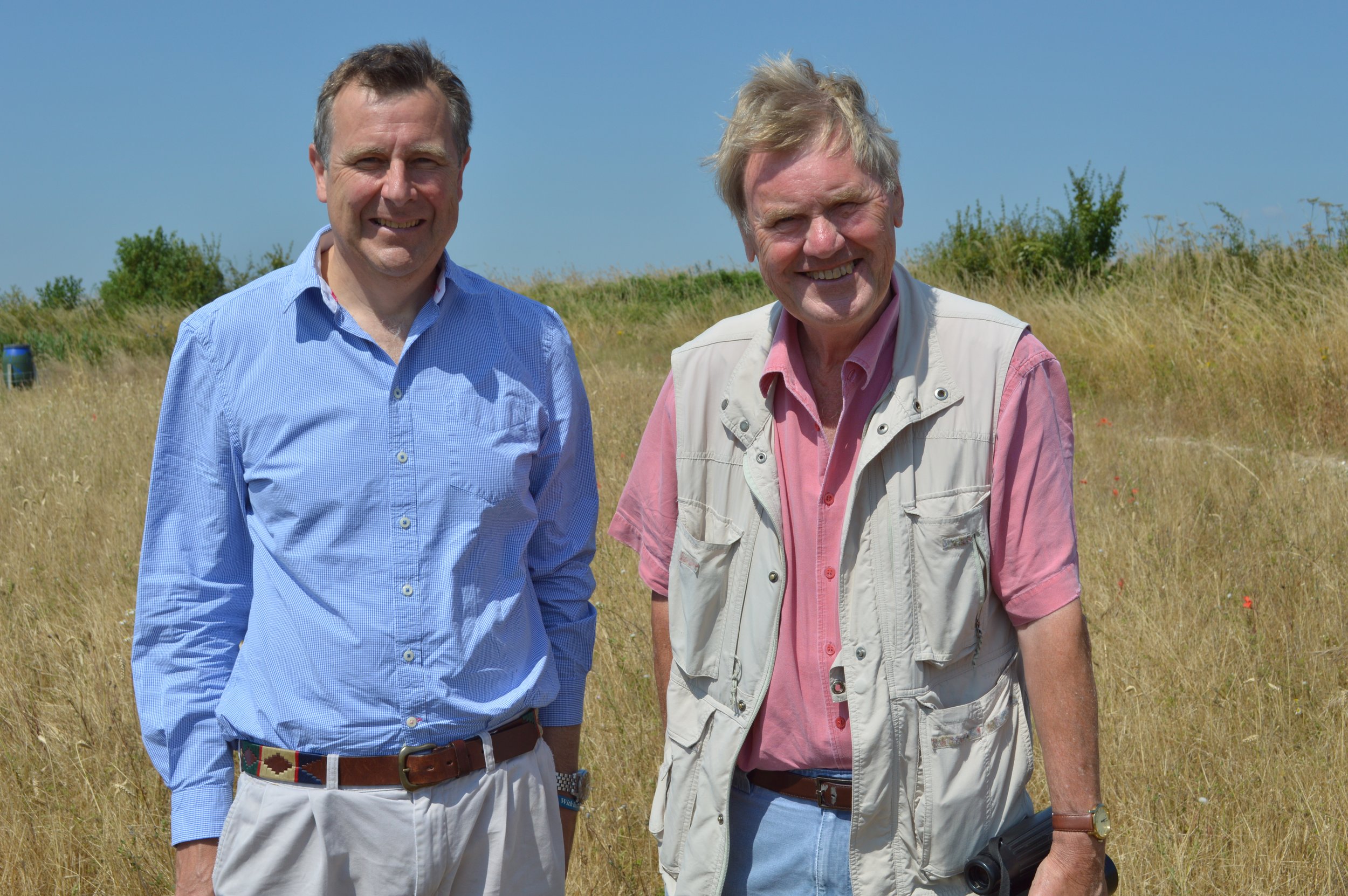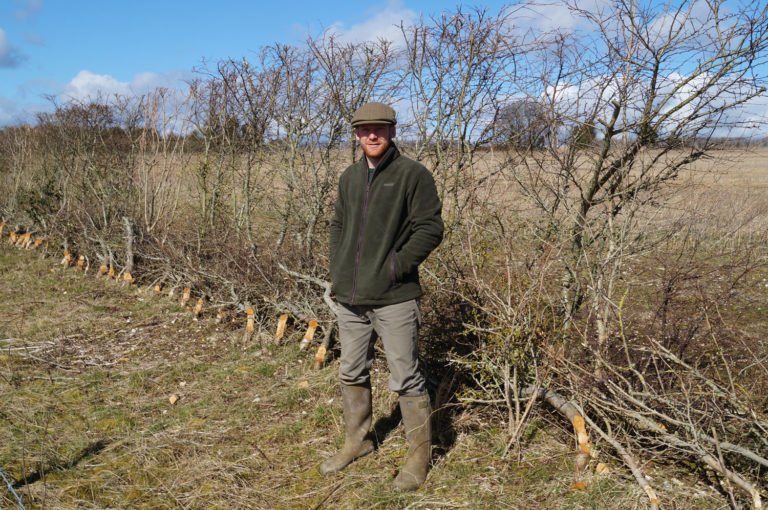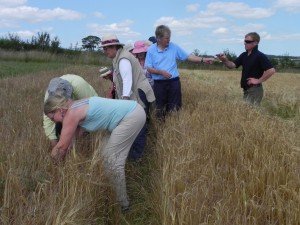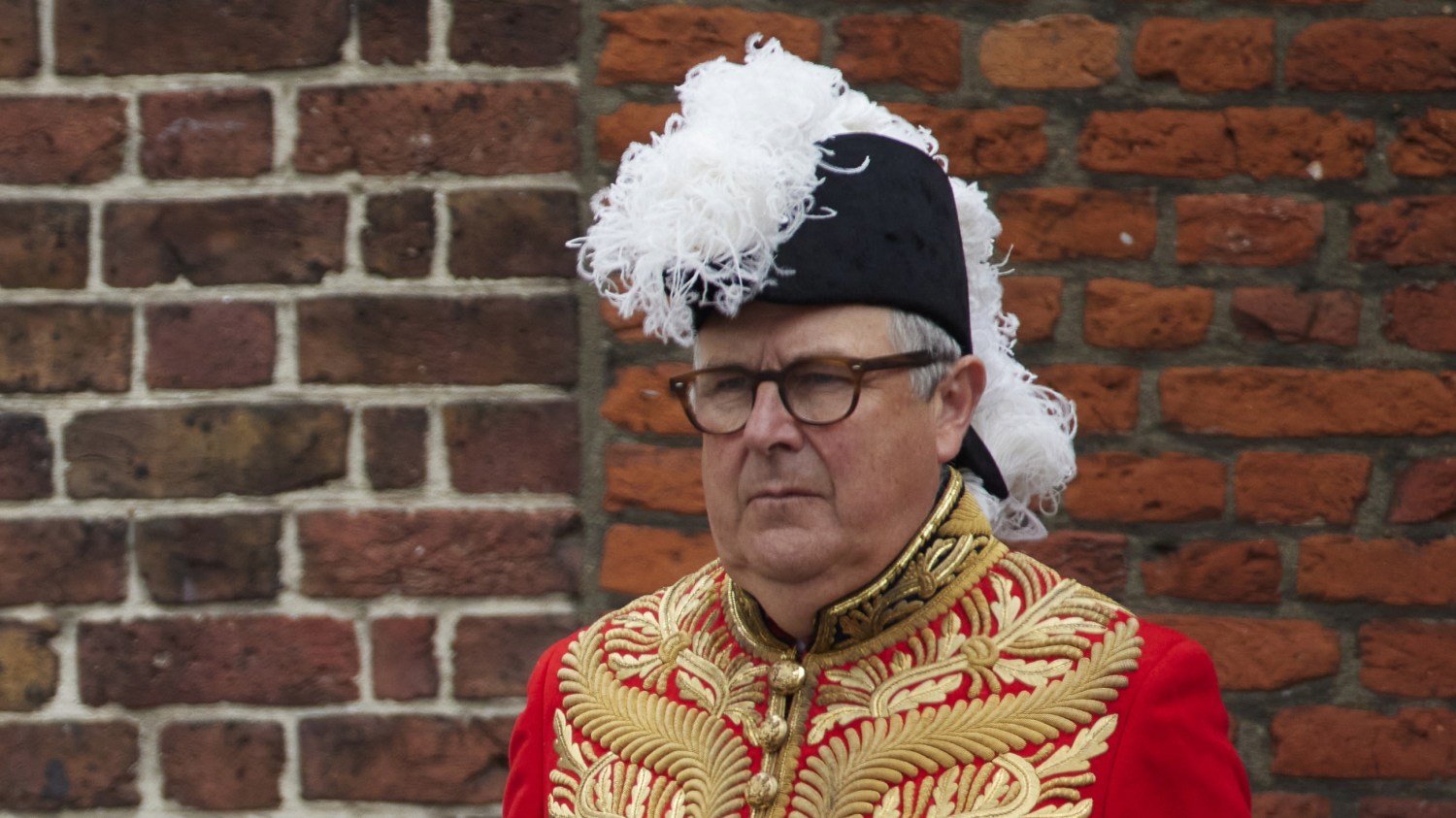
Private landowners make better conservationists
The Duke of Norfolk is best known for presiding over the coronation as hereditary Earl Marshal, but what really gets him excited is a native farmland bird, the grey partridge. Nearly 20 years ago he was appalled to learn from the veteran ecologist Dick Potts that the species was down to its last three pairs on his estate in Sussex and about to go extinct.

The Duke of Norfolk: The precious gift Prince Philip gave me to restore my estate’s wildlife
He organised Queen Elizabeth’s funeral and King Charles III’s Coronation – but his fight to save the grey partridge is a personal project.

By working together, the farming and keepering teams at Peppering have achieved the holy grail of farmland wildlife restoration
In 2002, the late Dick Potts, GWCT scientist and head of the Sussex Study into farmland wildlife, visited the Duke of Norfolk and Estate Manager Peter Knight to ask if they could help prevent the extinction of the grey partridge on the Sussex Downs. Dick made clear that, unless action was taken, the species would become extinct on the South Downs within 10 years.

Sunday book review – The Return of the Grey Partridge by Roger Morgan-Grenville and Edward Norfolk
This is the story of the recovery of Grey Partridge on the Duke of Norfolk’s land at Peppering on the South Downs (that’s Arundel Castle on the cover). It is a beautifully written tale (by Roger Morgan-Grenville) of a successful species recovery project based on the landowner’s enthusiasm for having a wild partridge shoot for his entertainment and that of his visitors.

How the Yorkshire Dales is Leading The Way to Save Endangered Curlews
This year three locations are receiving curlew: The Duke of Norfolk’s Peppering Estate in Sussex, Lord Cranborne’s Estate in Dorset and Mr Philip Merricks’ National Nature Reserve at Elmley in Kent. It’s hoped the birds will survive to adulthood and return in two years’ time to form new breeding colonies in these areas.

Five Yorkshire estates taking part in biggest re-location of curlew eggs in a bid to increase numbers of endangered bird
Five Yorkshire estates taking part in biggest re-location of curlew eggs in a bid to increase numbers of endangered bird

Duke of Norfolk wades in to rescue Britain’s curlews
The Duke of Norfolk organised the Queen’s funeral and is masterminding the first coronation in 80 years. He has somehow found time for another daunting challenge — helping restore Europe’s largest wading bird to its former habitat in southern England.

Saving the curlew: How the Duke of Norfolk is joining efforts to bring them back from the brink
With the curlew–that wader with a haunting call–now almost extinct in the South of England, Simon Lester meets the Duke of Norfolk, who is hoping to pull them back from the brink on his West Sussex estate.
